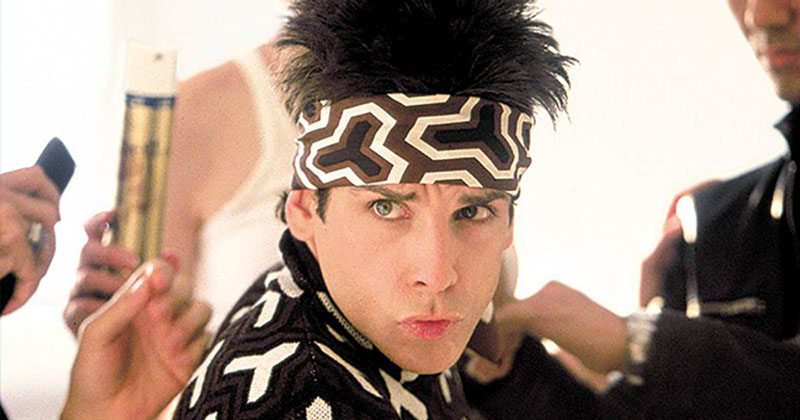Is your gentleman friend often found gazing upon himself in the mirror? Perhaps his social media feeds are clogged with selfies interspersed with self-promotion and a little bit of grandstanding? Do the men in your office sound off in the office and take more risks? It might simply be because he is a man and therefore more likely to be narcissistic, according to a new study published in the Psychological Bulletin.
The study looked at 32 years of research into narcissism and found that men scored higher than women over generations and across all age groups.
Traits of narcissism include preoccupation with the self, a sense of entitlement and requiring constant validation.
To compile the data the researchers looked at 355 journal articles, manuscripts and dissertations and examined how men and women reacted differently in three key areas of narcissism – leadership/authority, grandiose/exhibitionism and entitlement.
Perhaps unsurprisingly, the biggest difference between men and women was in entitlement – and when you consider how long it has been a man’s world, with patriarchal traditions ensuring that men come out on top – it makes sense that women don’t feel as entitled to everything that the world has to offer.
While much has been said of how social media can be a breeding ground for narcissism, the study looked at university students between 1990 and 2013 and surprisingly, didn’t find any evidence that either gender had become more narcissistic over time.
However as previous research has noted, ingrained gender stereotypes and expectations can create problems such as narcissism, and also contribute to the paucity of women in leadership roles. As Sheryl Sandberg noted in her women in the workplace manifesto Lean In, women are punished for seeming ‘bossy’ or yes, narcissistic, in the work place in ways that men often aren’t.
“Individuals tend to observe and learn gender roles from a young age, and may face backlash for deviating from society’s expectations,” Grijalva says. “In particular, women often receive harsh criticism for being aggressive or authoritative, which creates pressure for women, more so than for men, to suppress displays of narcissistic behavior.”
So do we need to close the ‘narcissism gap’?’
Do women need to ‘act like a man’ to get ahead in the workplace, or will they be punished for doing so?
Hopefully neither.
As Grijalva noted, correlating narcissism with success is a little misguided. Narcissism can be damaging to many relationships, interpersonal relationships and health, and it might not actually be a trait that can ‘get you ahead’.
“For one thing, we don’t have enough research to make that specific link to draw that conclusion yet. But in addition to that, it’s not clear that if a women were to act like a man she would be perceived the same way,” Grijalva said.







